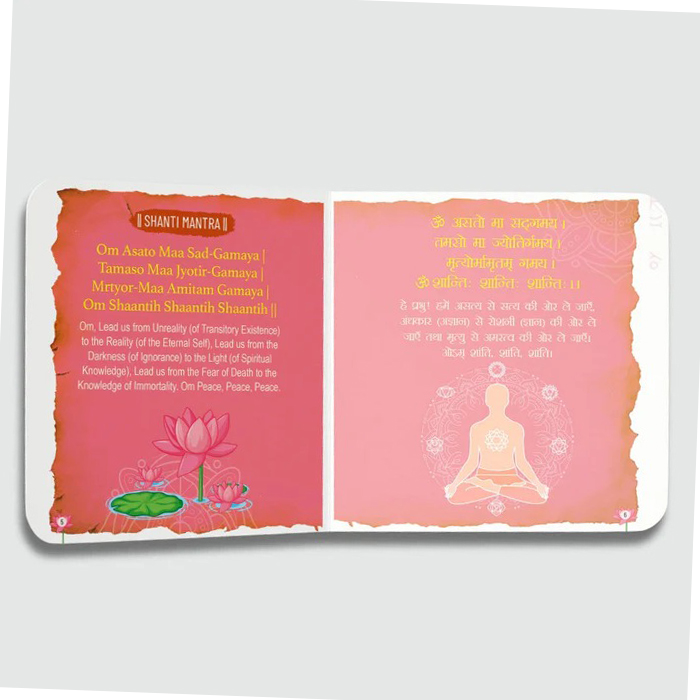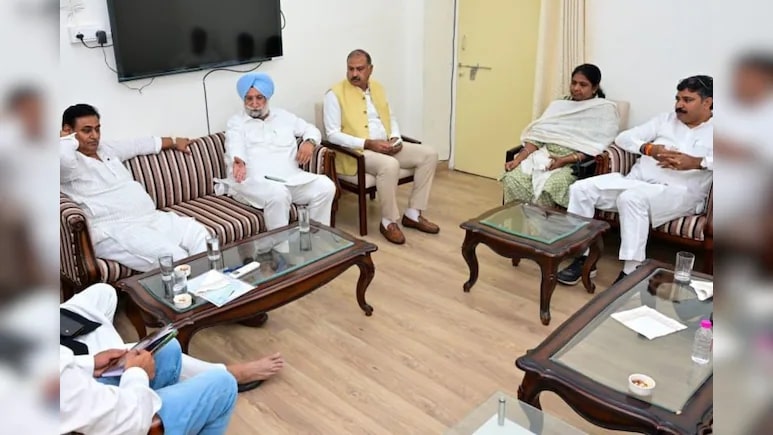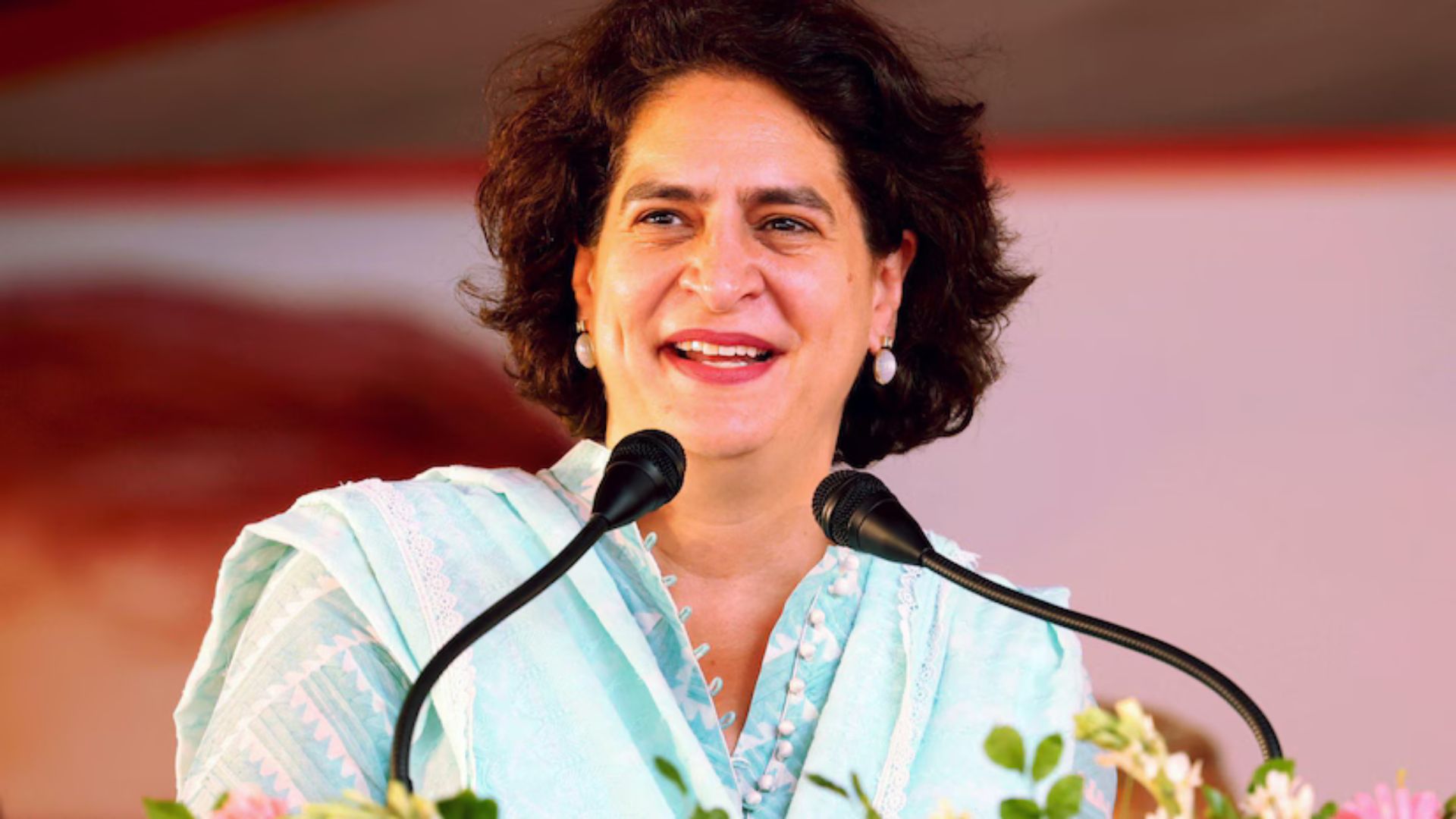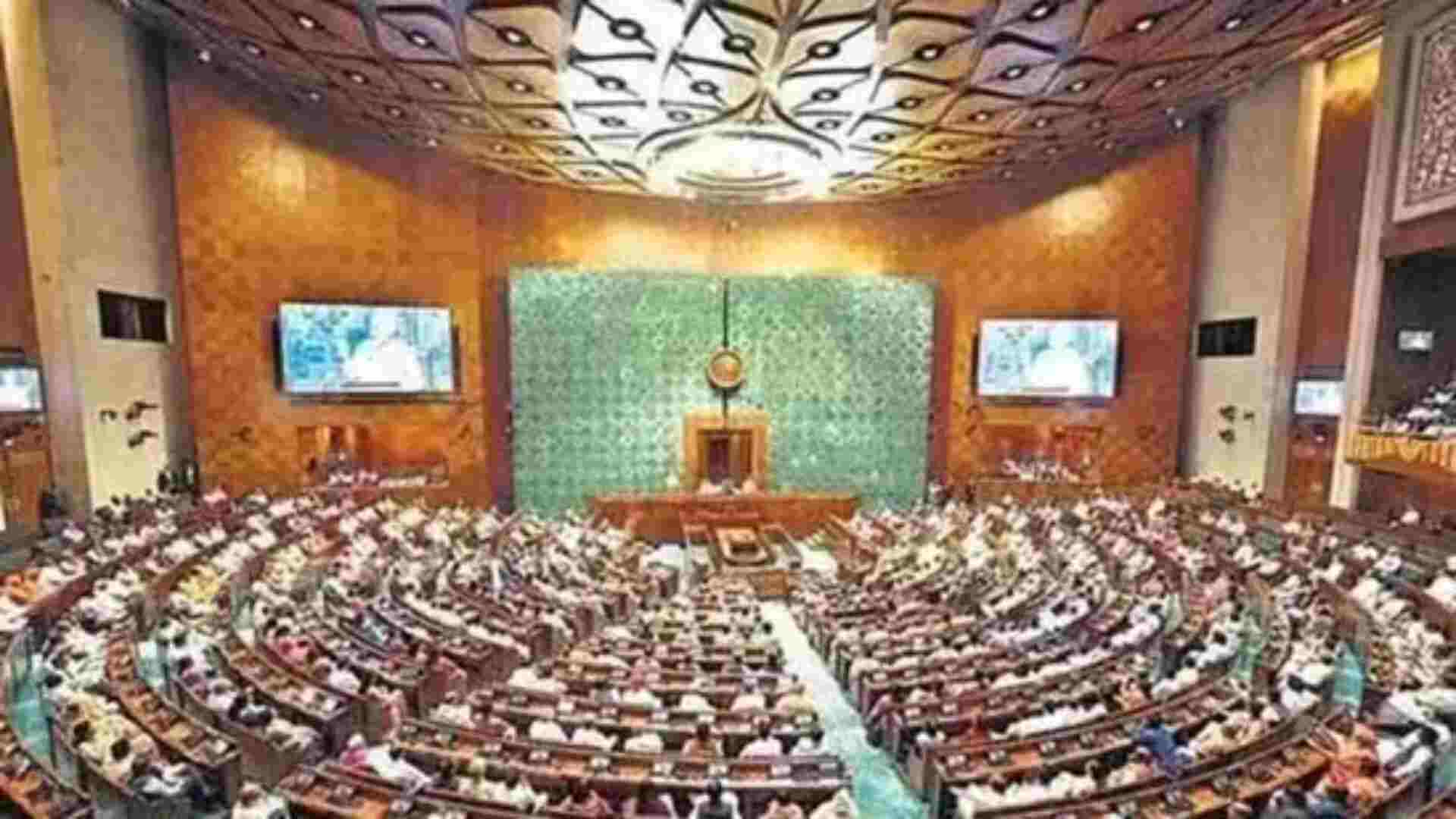Iran Khodro Industrial Group (IKCO), Iran’s largest automobile manufacturer, is aiming for expansion of its automotive business to additional nations despite the US sanctions, following its successful car exports to Russia and has now set its sights on India. After having captured the markets of Venezuela and Russia the company, Iranian automaker Khodro, is determined to increase its car production to meet the demands of its partner countries.
Leila Yusufi, the logistics manager at Khodro, expressed confidence in expanding the market to India when questioned about the company’s plans for the Indian market. She stated, “Certainly, if India permits, we will enter the Indian market.”
Yusufi said, “Sure. If India will allow. We will come to India.”
According to Khodro, they have the capacity to produce more than 40 cars per hour.
“We are currently able to producing 43 cars per hour and we are sending our cars to Venezuela and Russia,” Leila told ANI.
Iran is confident to produce more cars to meet the demand of their partner countries.
On being asked if Iran is facing challenges in automobile manufacturing due to US sanctions, logistics manager of IKCO said “We have defeated that. There were many problems but we have been able to overcome the sanction, fortunately.”
“But it was very difficult,” she added.
The US has imposed restrictions on activities with Iran under various legal authorities since 1979, following the seizure of the US Embassy in Tehran.
The Department of State’s Office of Economic Sanctions Policy and Implementation is responsible for enforcing and implementing a number of US sanctions programmes that restrict access to the United States for companies that engage in certain commercial activities in Iran.
IKCO is also planning to take new technologies from other countries, said Leila, noting, “the development of the country is one of our most important plans and we are looking for new technologies from other countries.”
According to IKCO, Iran produces about 85 per cent of automobile parts in the country as Make in Iran products and the remaining 15 per cent in other countries.















